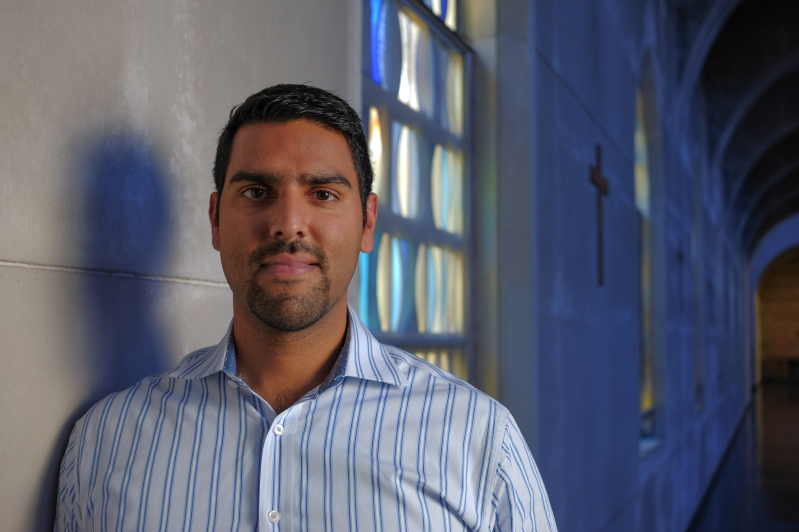
Radical Islam issues are addressed from a unique perspective in a new book authored by Nabeel Qureshi, entitled "Answering Jihad: A Better Way Forward." The former Muslim who converted to Christianity encourages Christians to love Muslims despite acts of terrorism.
Qureshi was raised as a devout Muslim in the United States. As he grew up, he said he began to be disillusioned with Islam.
"After years of investigation, I had to face the reality. There is a great deal of violence in Islam, even in the very foundations of the faith, and it is not all defensive. Quite to the contrary, if the traditions about the prophet of Islam are in any way reliable, then Islam glorifies violent jihad arguably more than any other action a Muslim can take," he wrote in his new book just released.
"This conclusion led me to a three-pronged fork in the road. Either I could become an apostate and leave Islam, grow apathetic and ignore the prophet, or become 'radicalized' and obey him."
The alternative of simply disregarding Muhammad's teachings and continuing as a devout Muslim was not an option in his mind, said Qureshi, "nor is it for most Muslims, since to be Muslim is to submit to Allah and to follow Muhammad. Apostasy, apathy, or radicalization; those were my choices."
Qureshi eventually chose to leave Islam and has since embraced Christianity.
He is a global speaker with Ravi Zacharias International Ministries (RZIM), and author of two other books: "Seeking Allah, Finding Jesus: A Devout Muslim Encounters Christianity," published in 2014 and one slated for availability this August: "No God But One-Allah or Jesus."
He holds a master's degree from Eastern Virginia Medical School, a master's degree in Christian apologetics from Biola University and a master's degree in religion from Duke University. He currently is studying Judaism and Christianity at Oxford, pursuing his doctorate in New Testament Studies.
Qureshi makes clear in his book that Islam is not a religion of peace, but he also urges Christians to extend love toward Muslims.
"My suggestion to Christians is you can go a step further than that. Even if you have people who are trying to kill you, you can love them, you can self-sacrificially embrace them. The reason why that is a response is because it will proactively deter radicalization," he writes.
In an online Christian site, Qureshi cites as an example one of the San Bernardino shooters: "If you look at this guy [Syed Rizwan Farook] in San Bernardino, he had no friends at his work place. That's why he shot everyone. Even though he was a radical Muslim, had proclivities to kill people, if you had still as a Christian say that 'I'm going to self-sacrificially love this guy even if it kills me.' I think there is a good chance he might have changed his mind."
"So Christians have the ability to go that extra step further at the risk of their own lives to preclude radicalization on the front end," Qureshi said. "And that's the main issue here, isn't it? Because we are acting so reactively. Waiting for things to go wrong and then we are saying how do we fix it? I think the Christian message is the only one out of these options to proactively stop it from happening."
Qureshi has lectured to students at more than 100 universities, including Oxford, Columbia, Dartmouth, Cornell, Johns Hopkins and the University of Hong Kong. He has participated in 18 moderated, public debates around North America, Europe and Asia.






